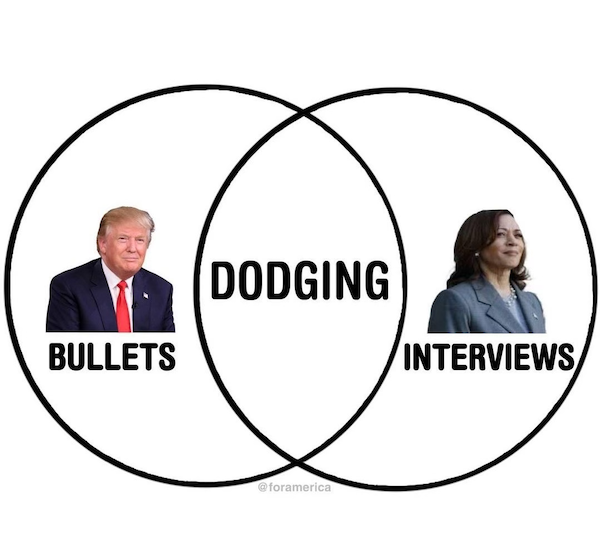[ad_1]
Joe Biden and Xi Jinping are expected to hold frank talks about Taiwan when the US and Chinese presidents meet in San Francisco on Wednesday in a renewed effort to stabilise relations between the two powers.
One year after their first meeting as leaders — at the G20 summit in Bali, Indonesia — Biden and Xi will resurrect attempts to halt the steep deterioration in ties, which are in their worst state in four decades. Their effort a year ago was derailed when a suspected Chinese spy balloon flew over the US in February.
In recent months, the sides have resumed top-level engagement, including a visit by secretary of state Antony Blinken to Beijing and a reciprocal trip to Washington by foreign minister Wang Yi.
Washington has welcomed the engagement, but US officials stressed that the summit would not produce big agreements, particularly as tensions remain high over Taiwan, which holds a presidential election in January.
“We’re not talking about a long list of outcomes,” said one US official. “The goals here really are about managing the competition, preventing the downside risk of conflict and ensuring channels of communication are open.”
The official said the combination of Taiwanese and US elections next year meant 2024 could be “bumpy” for US-China relations, reinforcing the need for top-level communication.
They added that Biden would reaffirm the “one China” policy — in which the US recognises Beijing as the sole government of China but only acknowledges its assertion of sovereignty over Taiwan — while making clear to Xi that Chinese political interference in Taiwan’s election “would raise extremely strong concerns”.
Rick Waters, who until August was the US state department’s top China official, said both leaders wanted to prevent a further slide in relations “at the lowest possible cost”.
“The question is how much they can really stabilise relations given the tests they face over Taiwan, tech policy and other aspects of a fundamentally competitive relationship,” said Waters, now managing director at the consultancy Eurasia Group.
The White House told the Financial Times that the leaders would not issue a joint statement, showing that “the two sides remain very far apart on fundamental issues”, said Dennis Wilder, a former top White House China official now at Georgetown University.
Over four hours of discussions with simultaneous interpretation, Biden and Xi will discuss a range of issues, from US concerns about Chinese military activity in the South China Sea to China’s anger at export controls designed to stop the People’s Liberation Army from getting US technology.
Officials have hinted at a deal to reopen military communication channels that China closed after then-US House Speaker Nancy Pelosi visited Taiwan last year. Washington also wants Beijing to crack down on exports of ingredients for fentanyl, which is responsible for an epidemic in the US.
China is seeking an expanded dialogue on artificial intelligence to include other technologies in the hope that engagement would delay further US restrictions, according to people familiar with the preparations.
Others said Xi wanted Biden to express opposition to Taiwanese independence instead of the usual stance of not supporting it, but they added that Biden was not considering the move. A second US official said Biden would “amplify” existing messages on Taiwan with “clarity”.
Victor Gao, a former Chinese diplomat who translated for late Chinese leader Deng Xiaoping, said Xi wanted to ensure the US was sincere about not “hollowing out” the one-China policy following high-level visits to Taiwan by US politicians and arms sales to the island. “They need to be made fully aware of the consequences.”
Jude Blanchette, a China expert at the CSIS think-tank, said Xi would deliver “a very stark message on Taiwan” but was unlikely to hear new language from Biden. “Xi directly communicating how serious this is for Beijing is important for the Chinese strategy,” he said.
In another sign of the icy US-China relationship, Biden and Xi do not plan to dine together after their meeting. Xi will attend a dinner with US business executives that Beijing hopes will ease concerns about investing in China at a time when the country is facing stronger economic headwinds.
Two dozen residents of Muscatine, Iowa, including Sarah Lande, who hosted Xi for dinner at her house in 1985 when the then-mid-level Communist party official visited the city, are expected to attend.
“If the optics go right, Xi Jinping glad-handing [Apple chief executive] Tim Cook after a successful summit with Biden will be a sugar high,” said Blanchette.
Apple declined to comment on whether Cook would attend the dinner.
Bonnie Glaser, a China expert at the German Marshall Fund, said China’s economic situation raised incentives to work with the US to ease tensions.
“Beijing wants to buy time to cope with China’s economic problems and boost innovation in technologies hampered by American restrictions. The US wants to demonstrate the efficacy of its proposed model for managed competition with China, which the administration hopes will last at least through the 2024 US presidential election.”
Recommended
Paul Haenle, a former White House China official who runs the Carnegie China think-tank, said the summit would help ease concern in the Indo-Pacific.
“There’s a demand signal in the region, and I think globally for the US and China, to be more responsible in managing the growing tensions,” said Haenle. “That would be, I think, something positive to come out of it.”
Evan Medeiros, a former top White House Asia official now at Georgetown University, said the summit marked the acceptance by both sides that they were in the opening phase of long-term geopolitical competition.
“They are now beginning the complex process of negotiating the terms of this competition — where and how to compete, what risks to run and what costs to pay. This summit is central to this negotiation,” said Medeiros.
[ad_2]
Source link






















